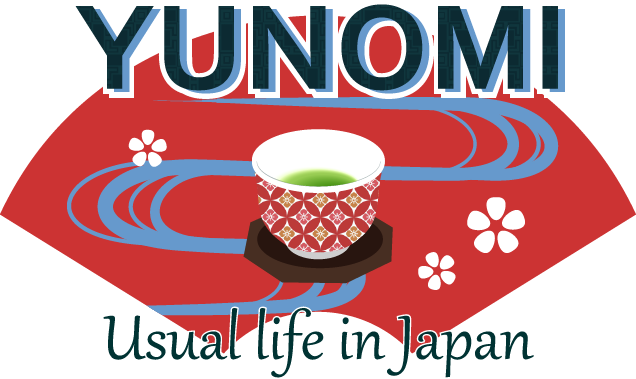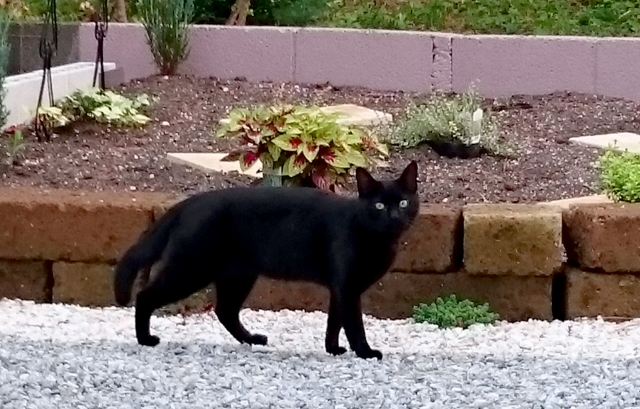Japan is no exception. Even today, many traditional sayings and actions are quietly passed down through daily life.
When Someone Sneezes

In English-speaking countries, people say “Bless you!” when someone sneezes.
But in Japan, sneezing means something completely different — someone is talking about you!
No one knows whether they’re saying good or bad things, but the idea still makes people smile.
Don’t Waste Even a Grain of Rice
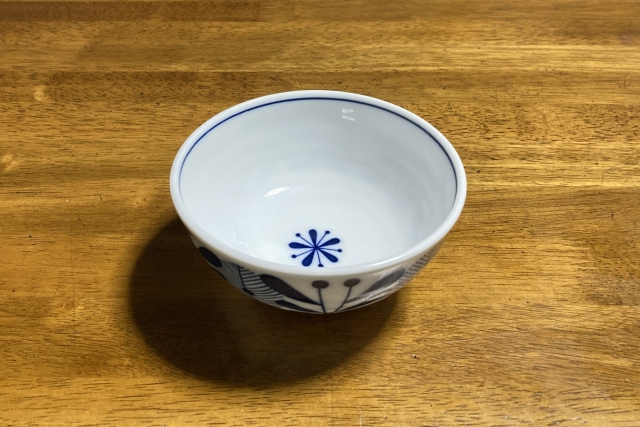
Japanese people are often taught to finish every bite on their plate.
Leaving rice behind is not only considered rude but also unlucky.
There’s an old saying: “If you leave grains of rice, you’ll lose your eyesight.”
While that may sound extreme, the message is about respect for food.
Every grain of rice represents hard work by farmers, and wasting it goes against the spirit of
Mottainai — the idea of not wasting what still has value.
Eat Seaweed for Beautiful Hair

If you want long, shiny hair, eat seaweed!
This superstition has a surprisingly logical side — seaweed is full of minerals and vitamins
that actually help hair health.
It’s a perfect example of how Japanese folk beliefs often blend wisdom and humor.
Hide Your Thumbs When a Hearse Passes

When you see a hearse, fold your thumbs into your fists and hide them.
In Japanese, “thumb” is oya yubi (親指), literally “parent finger.”
So hiding it is a symbolic way to protect your parents from death.
Many Japanese still do this unconsciously today.
A Floating Tea Stalk Brings Luck
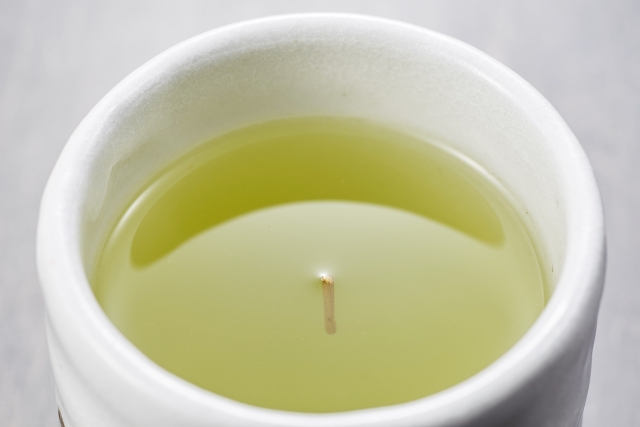
If a tea stalk stands upright in your cup, it’s said to bring good fortune.
It’s extremely rare, though — especially since most high-quality teas no longer contain stalks.
Still, this tiny moment of luck is cherished, showing how much Japanese culture
finds meaning in small, fleeting details.
Snake Skin in Your Wallet

Keeping a piece of a snake’s shed skin in your wallet is believed to attract money.
The snake, which repeatedly sheds and renews itself, symbolizes rebirth and prosperity.
This belief continues even today as a small charm for financial luck.
Big Earlobes Mean Wealth
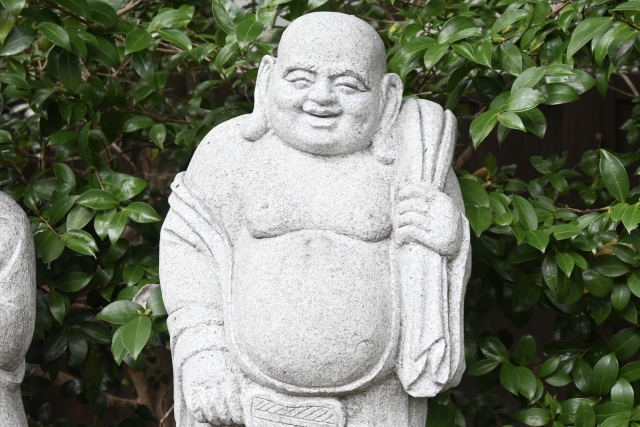
Finally, one of the most cheerful superstitions:
people with large earlobes are said to become rich.
Perhaps this came from images of Buddhist statues like Hotei (the Laughing Buddha),
whose big earlobes symbolize fortune and generosity.
Superstitions That Reflect Japan’s Values

Whether it’s protecting your parents, valuing food, or respecting nature,
these beliefs reveal what matters most in Japanese life — gratitude, respect, and mindfulness.
So the next time you sneeze or finish your rice bowl,
you might be participating in traditions older than you think.
Related Articles
